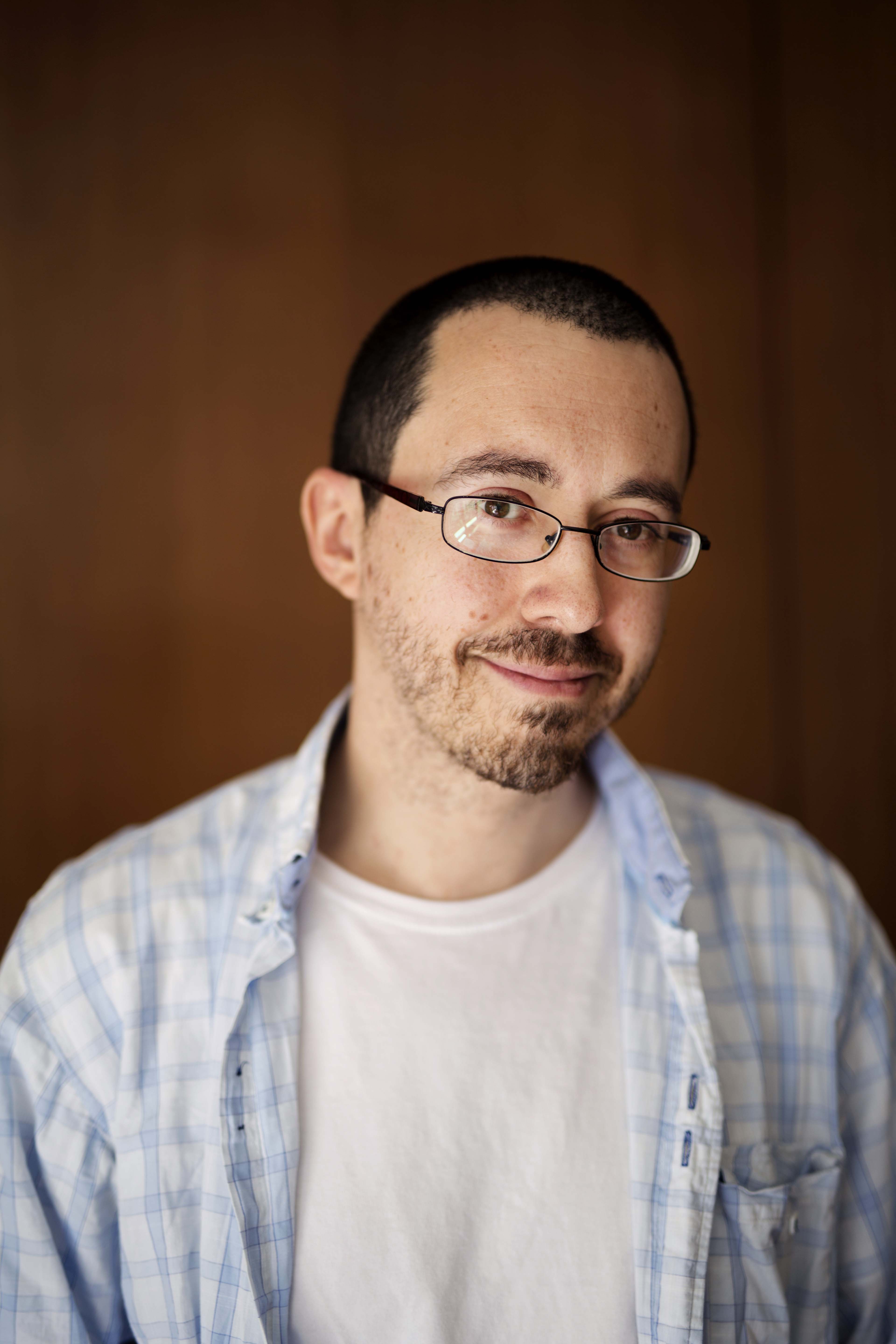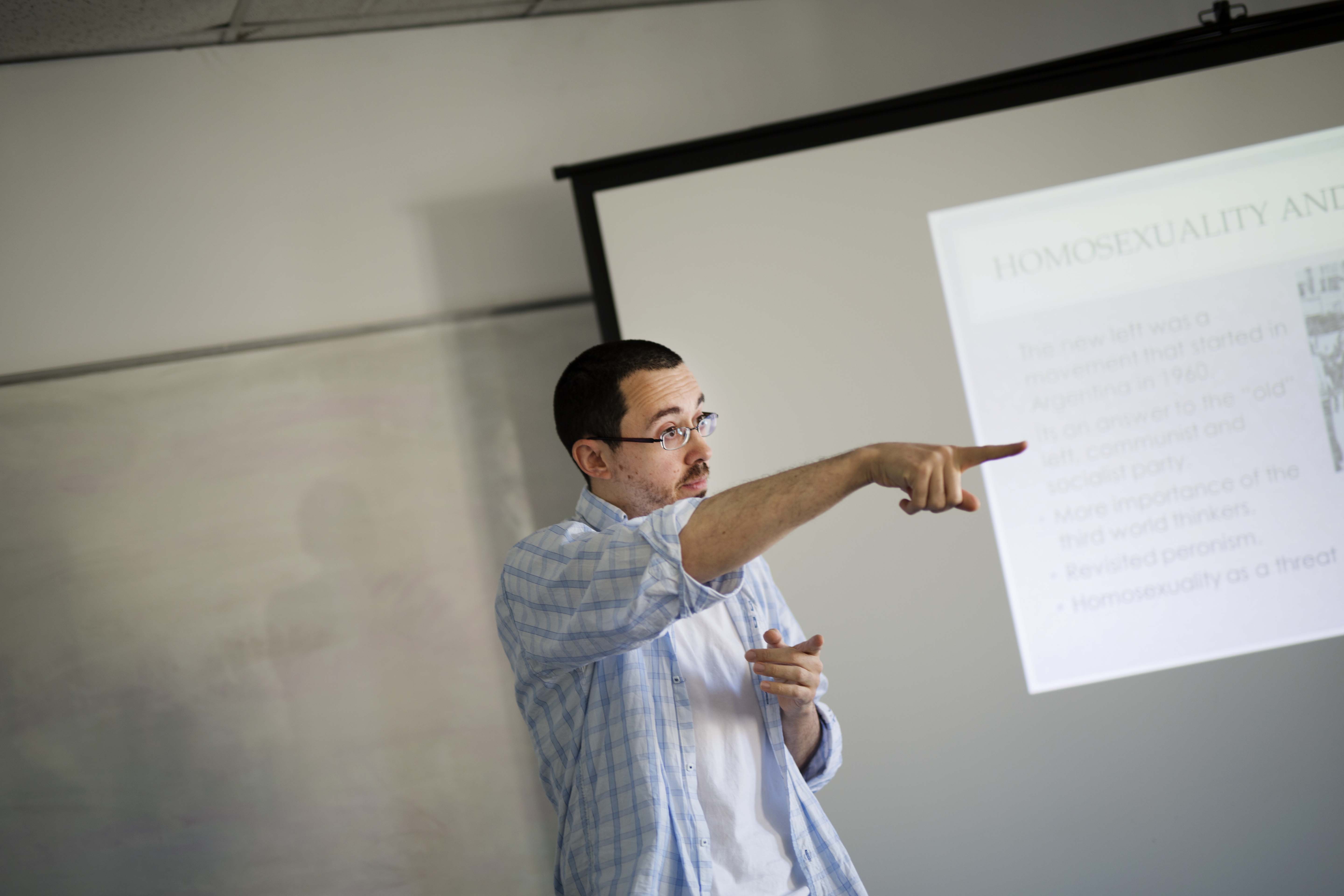Interview with Prof. Inchauspe about Argentinian Culture and History
My name is José Luis Inchauspe, my area of study is Literary Theory and Analysis, an area of the "Letters" degree at the University of Buenos Aires, and I have now been involved with Kulturstudier for more than 10 years.

According to you, what is the value of choosing the subject of Argentinian Culture and History for the students of Kulturstudier?
Anyone who is interested in learning more about Argentine history and the culture that surrounds this country will be able to fully satisfy their curiosity. The course focuses not only on historical dating, chronology of names or basic general aspects but also focuses on how during this process a culture was also born that is the daughter of immigrants, of dreamers, the daughter of native peoples, of forgotten Afro-descendants, a reversal of colonizing customs and an assimilation of universal culture, but with a great pinch of Argentine flavour.
In this way, once the course ends, each participant will have a broader view of the culture they were experiencing practically every day, but now with sociocultural concepts that make it more attractive.
What is your favourite part about teaching this subject? Do you have a favourite part of the course?
My favorite part is being able to participate in activities and topics that could be categorized as "mixed media". You will not only see literature, but also music, food, sports, cinema, and everything connected within a microcosm that, in the end, builds something that we call "la argentinidad” (roughly translated: “the Argentinity”). Being part of a course like this, for me, is sharing a little bit of that universe that, with its contradictions and absurdities, makes me a part of Argentine culture.
Any other comments you might find relevant for students wishing to study in Argentina through Kulturstudier?
The best thing about studying in Argentina is understanding that culture, history, literature and, of course, the language that they are going to study will not be, in these "pampas", a theoretical element but that they will be able to experience what they are learning through their day-to-day life.
